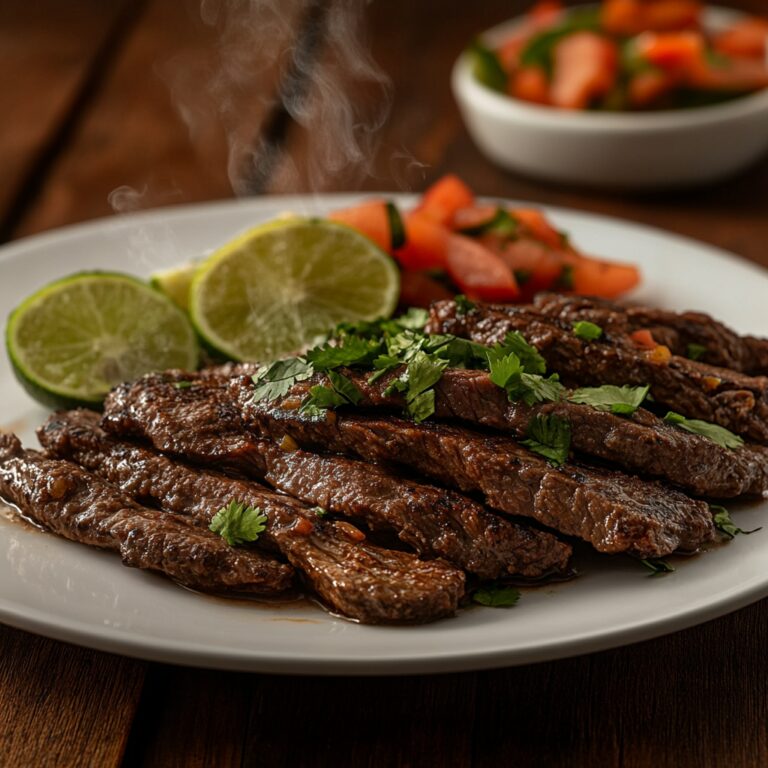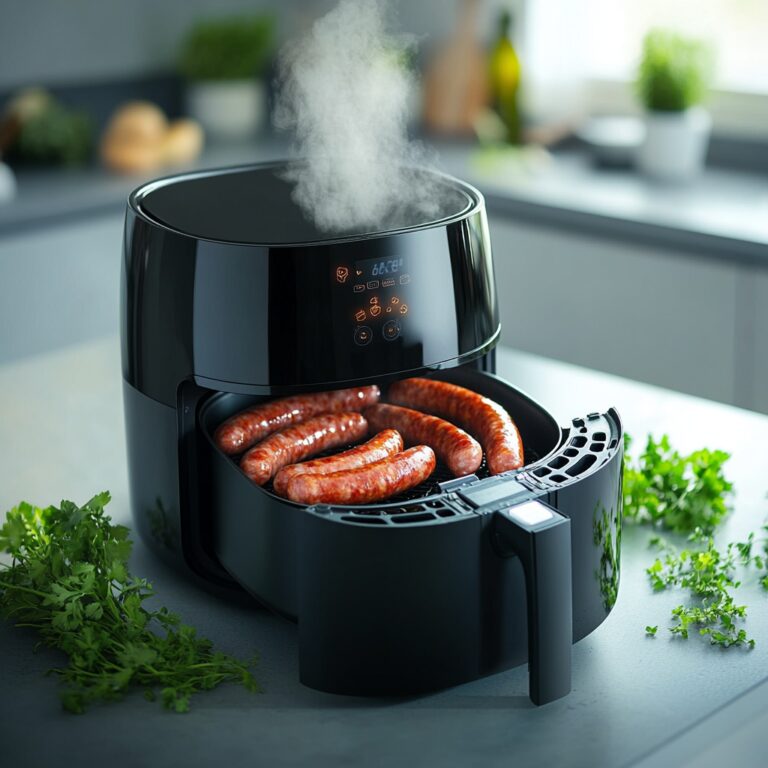Effective Diet Tips for Women: A Comprehensive Guide
Maintaining a healthy diet is essential, especially for women, who have unique nutritional needs at various stages of life. Whether it’s for managing weight, boosting energy, or balancing hormones, a well-rounded diet can make a significant impact. Below is a comprehensive guide to help women achieve their dietary goals.
Understanding Nutritional Needs
Caloric Intake
Caloric needs vary depending on age, activity level, and metabolic rate. Generally, women require fewer calories than men, but factors like pregnancy, breastfeeding, and high activity levels can increase these requirements significantly.
Macronutrients
Macronutrients are essential for energy and overall health. A balanced diet should include the following:
- Proteins: Critical for muscle repair and hormonal balance. Aim for lean sources like poultry, fish, legumes, and dairy.
- Carbohydrates: The primary source of energy. Focus on complex carbs like whole grains, vegetables, and fruits.
- Fats: Necessary for brain function and hormone production. Opt for healthy fats from nuts, seeds, avocados, and olive oil.
Essential Vitamins and Minerals
Iron
Women are more prone to iron deficiency, especially during menstruation. Incorporate iron-rich foods such as lean meats, beans, and spinach. Pairing these with vitamin C-rich foods can boost iron absorption.
Calcium and Vitamin D
Calcium is crucial for bone health, while Vitamin D aids in its absorption. Include dairy products, fortified plant milk, leafy greens, and fatty fish in your diet.
Folate
Folate is vital for reproductive health and fetal development during pregnancy. Find this nutrient in leafy greens, citrus fruits, and fortified cereals.
Daily Meal Planning
Breakfast
A nutritious breakfast kickstarts your metabolism and provides energy for the day. Consider options like:
- Oatmeal with berries and nuts
- Whole-grain toast with avocado and eggs
- Greek yogurt with granola and fruit
Lunch
Balanced lunches help maintain energy levels. Opt for meals that combine protein, healthy fats, and carbohydrates. Examples include:
- Quinoa salad with mixed vegetables and grilled chicken
- Whole-grain sandwich with lean turkey, avocado, and lots of veggies
- Lentil soup with a side of mixed greens
Snacks
Healthy snacks prevent energy dips and curb overeating. Ideal options are:
- Hummus and veggie sticks
- Apple slices with almond butter
- A handful of nuts and seeds
Dinner
A nutritious dinner supports overnight recovery. Try dishes like:
- Baked salmon with a side of quinoa and steamed broccoli
- Stir-fried tofu with mixed vegetables and brown rice
- Grilled lean beef with sweet potato and green beans
Hydration and Its Importance
Water plays a crucial role in overall health. It helps in digestion, nutrient absorption, and regulating body temperature. Women should aim for at least 8 glasses of water daily, but needs can vary based on factors like physical activity and climate. Additionally, include water-rich foods in your diet, such as cucumbers, melons, and citrus fruits.
Mindful Eating Practices
Portion Control
Be mindful of portion sizes to avoid overeating. Strategies include using smaller plates, reading food labels, and paying attention to hunger cues.
Chew Thoroughly
Taking the time to chew food thoroughly can aid digestion and increase satiety. It also allows you to enjoy the flavors and textures of your meal fully.
Limit Processed Foods
Processed foods often contain unhealthy fats, sugars, and sodium. Limit these in your diet by focusing on whole, natural foods.
Special Considerations
Pregnancy
Nutritional needs change during pregnancy. Ensure adequate intake of folate, iron, calcium, and protein. Consult with a healthcare provider for personalized guidance.
Menopause
During menopause, women may experience changes in metabolism and bone density. Focus on calcium and vitamin D, and consider weight-bearing exercises to maintain bone health.
Active Lifestyles
Women who are highly active or athletes require more calories, protein, and other nutrients. Tailor your diet to support your activity level, including post-workout recovery foods such as protein shakes and carbohydrate-rich snacks.
Common Pitfalls and How to Avoid Them
Skipping Meals
Skipping meals can lead to overeating later in the day. Aim for regular, balanced meals and snacks to maintain energy and metabolism.
Restrictive Diets
Diets that eliminate entire food groups can lead to nutrient deficiencies. Instead, focus on balanced eating and moderation.
Emotional Eating
Stress and emotions can lead to overeating or choosing unhealthy foods. Practice stress management techniques like meditation, exercise, or talking to a friend.
Conclusion
By understanding your unique nutritional needs and incorporating these effective diet tips, you can make informed choices that benefit your overall health and well-being. Remember, consistency is key, and small, sustainable changes often lead to the best results. Prioritize a balanced diet, stay hydrated, and listen to your body’s cues for a healthier, happier life.





